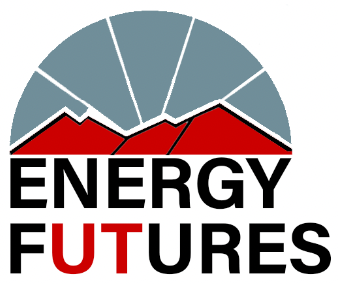ENERGY RESEARCH PRIORITIES
The University of Utah embarked on a series of workshops to further define opportunities to catalyze Utah’s sustainable energy future.
Learn more about University of Utah’s key pillars of energy research and cross-cutting priorities.
MISSION
Reducing energy related carbon emissions is critical to our efforts to address the environmental and climate challenges we are facing. It requires the identification of reliable, cost-efficient energy that can rapidly scale to our growing needs. Energy Futures Research Engine was launched to identify solutions by facilitating world-changing technologies, fostering use-inspired interdisciplinary research that will shape the future of energy, and building relationships with stakeholders and the public. The Energy Futures Research Engine is focused on stimulating development of next generation energy infrastructure and breakthrough technologies to ensure affordable and reliable energy.
VALUES
Affordable - Develop use-inspired energy solutions that are cost effective, affordable, and ensure no segment of the population is disproportionately burdened by energy solutions we move towards in the future.
Economic Security - Development of energy resources that contributes to the immediate and long-term economic security, including a skilled workforce and curriculum development.
Quality of Life -Identification of energy solutions that minimize environmental impacts while contributing to public wellbeing, especially those most impacted by climate change and energy disruption.


